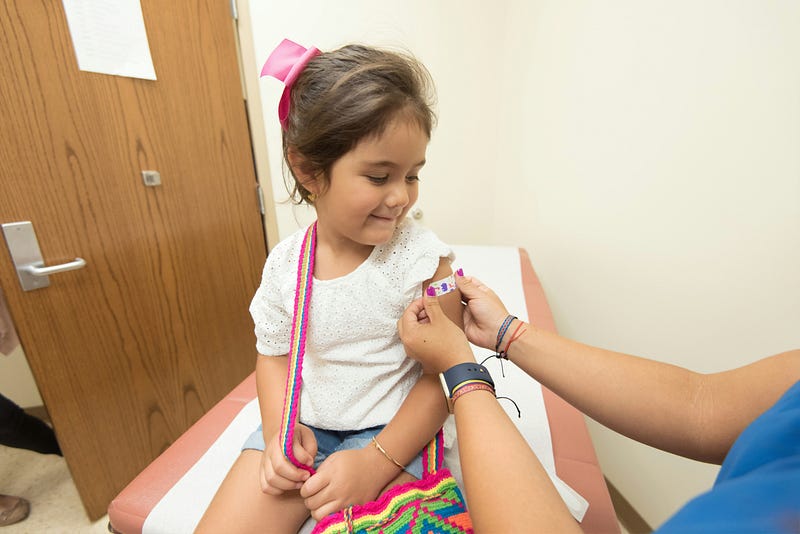# Unraveling the Origins of Vaccines: A Fascinating Journey
Written on
The Historical Roots of Vaccination
The inception of vaccines is a captivating story, one that reveals much about humanity's quest for health. But what exactly is the narrative behind the creation and terminology of vaccines?

Since childhood, I have been deeply intrigued by science. The mechanics of how things function have always sparked my interest. Accepting things at face value was never sufficient for me; I sought to understand the underlying reasons. My inherent curiosity often felt unwelcome in various settings—be it at home, in school, or at work. Many people prefer not to dwell on such questions, believing things simply exist as they are. However, I was not one to shy away from inquiry!
When COVID-19 emerged, discussions around vaccines and potential treatments surged. I learned about various vaccine production methods, including RNA vaccines, traditional inactivated vaccines, and protein subunit vaccines. This led me to ponder the origins of vaccines and the etymology of the term itself.
One of the most compelling narratives is that of the vaccine's discovery and the roots of its name. This pivotal event occurred in the late 18th century, during a time when smallpox—a devastating illness—claimed the lives of over 40% of its victims. Survivors often faced severe consequences, such as blindness and disfigurement. This disease affected not just humans, but also horses, cows, and pigs.
British physician Edward Jenner made a significant observation: smallpox had a less severe variant in animals. He conducted an experiment involving a young boy named James Phipps, intentionally exposing him to an infected individual. Although the child experienced a fever and some minor wounds, he did not contract a severe illness. It’s astonishing to think about the audacity of this experiment; could one even imagine such actions occurring in today's world?
The word "vaccine" itself originates from the Latin term vaccinae, which translates to "of the cow." This term is derived from variolae vaccinae, referring to the disease known as cowpox. Jenner discovered that infection with this milder form of the disease could confer immunity against smallpox, thus laying the groundwork for vaccine development.
Despite his groundbreaking findings, Jenner faced skepticism and was compelled to validate his theory through further experiments, including on his own son. Over time, however, the medical community began to recognize and accept the profound advantages of vaccination.
The Journey of Vaccines: A Deeper Look
The first video, The History of Vaccines!, delves into the evolution of vaccines, outlining key milestones in their development and the impact they have had on public health.
Understanding Smallpox Vaccination
The second video, History of vaccination: Smallpox vaccines, provides an in-depth analysis of the smallpox vaccine, tracing its historical significance and the scientific breakthroughs that followed.
In conclusion, the story of vaccines is not just about the science; it's about the relentless pursuit of knowledge and the courage to question the status quo. The journey from skepticism to acceptance has shaped our understanding of health and disease, ultimately leading to the life-saving interventions we have today.